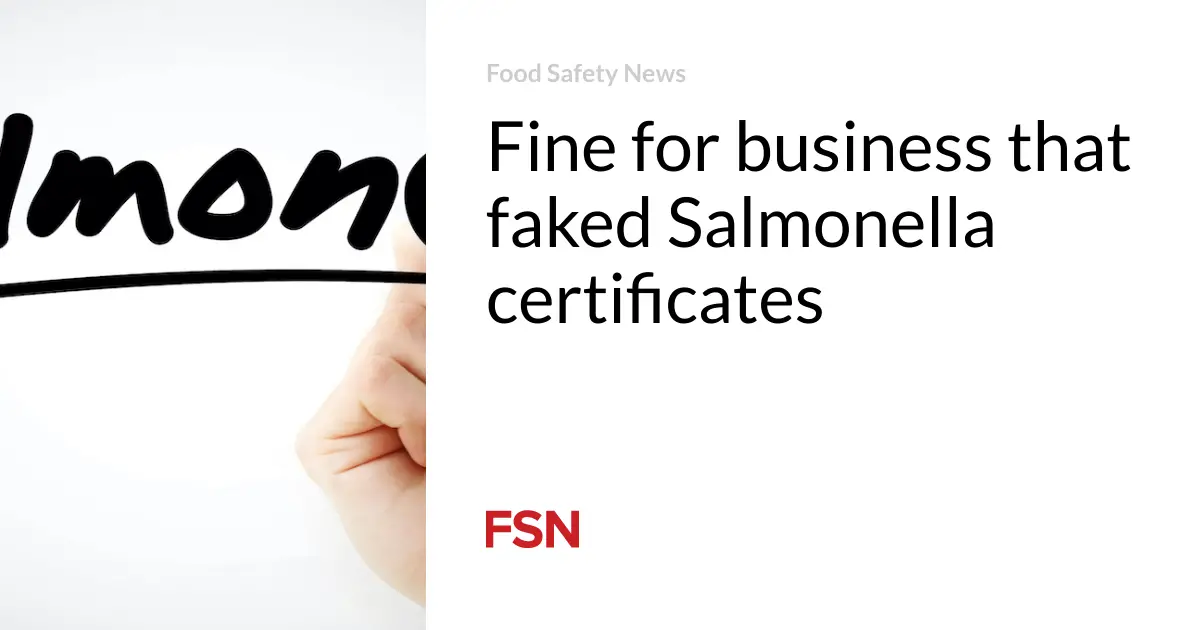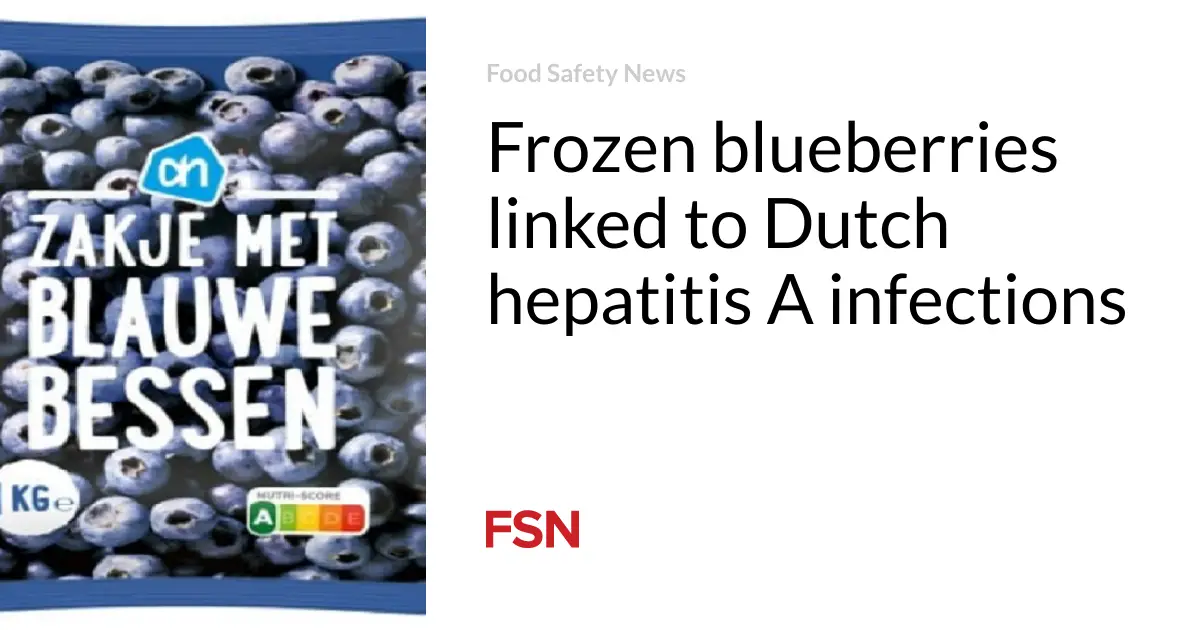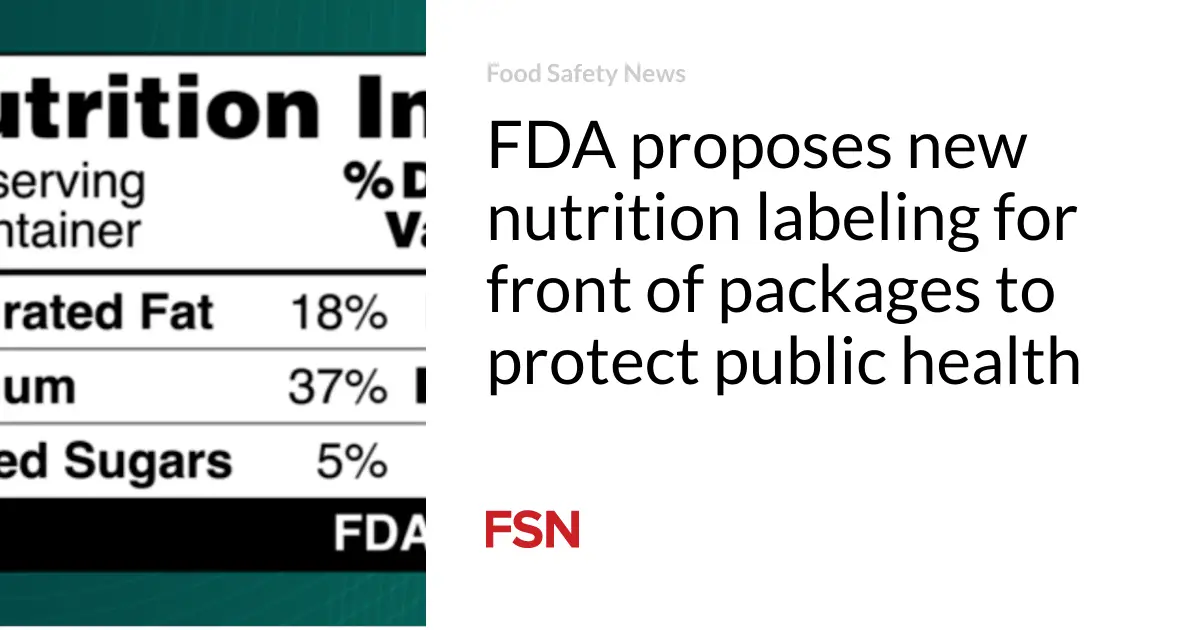
A food business owner in England has been fined for falsifying Salmonella testing certificates.
Poultry farmer Stuart Perkins of SG Perkins, from Radstock, was fined almost £51,000 ($65,300) at Bath Magistrates Court earlier this month after pleading guilty to offenses under The Food Safety and Hygiene (England) Regulations 2013 and the Animal Health Act 1981.
The Food Standards Agency (FSA), Avon and Somerset police, environmental health, and Trading Standards executed a search warrant at the poultry farm and abattoir in November 2023. This revealed traceability issues and evidence that Perkins had falsified Salmonella testing certificates. This meant that birds had been slaughtered for the food chain without proof they were free from disease.
The FSA ensured products with traceability concerns were removed from the market. The FSA’s National Food Crime Unit (NFCU) also alerted the industry, asking businesses to check their suppliers.
Verdict reaction
Perkins and SG Perkins were fined £5,000 ($6,400) for each FSA offense, £3,500 ($4,500) for each local authority offense, nearly £22,000 ($28,200) in costs, plus a victim surcharge of £2,000 ($2,500), for a total of more than £50,800 ($65,100).
Perkins pleaded guilty to not carrying out the required testing from 2021 to 2023 and for submitting chickens for slaughter with either falsified documentation or with documents which did not relate to the birds being slaughtered, between July and October 2023.
Farms producing eggs are required to conduct routine Salmonella tests in their poultry sheds every 15 weeks during the laying period. All birds must arrive at the slaughterhouse with the test result and the date the sample was taken. However, when the Egg Marketing Inspector visited the farm and requested Salmonella reports, Perkins produced 16 reports dated back to August 2021, 13 of which had been falsified.
Investigators found that 43 documents showing testing had been carried out on the chickens were actually filled out by Perkins.
Andrew Quinn, head of the NFCU, said the fine shows the serious nature of faking documents and jeopardizing food safety.
“This should deter anyone considering taking dangerous shortcuts and breaching food safety and hygiene laws.”
Fakir Mohamed Osman, head of Heart of the South West Trading Standards Service, said Perkins’ actions presented a risk to public health.
“We take breaches of this kind very seriously. The Salmonella Prevention Program is there for a reason: to safeguard the public. Producers suspected of not carrying out the required testing will be investigated.”
Other cases
In September 2023, the Welsh government brought a different case against an unnamed egg company for non-compliance with Salmonella testing legislation for laying hens.
An inspection of the business found it had failed to test its flock for Salmonella within the prescribed periods and placed eggs onto the market as Class A table eggs for human consumption. The company was fined £1,000 ($1,280) and ordered to pay a £100 ($128) victim surcharge. It was also told to pay £2,121 ($2,700) for prosecution costs.
In other news, the FSA reported a criminal prosecution concerning selling raw cow’s milk. Two partnership businesses pleaded guilty to placing unsafe food on the market. They were fined £1,360 ($1,700) collectively and ordered to pay the FSA’s legal costs of £8,000 ($10,200).
As part of Operation Hawk, a fraud investigation around misrepresenting the origin of cooked meats, an initial evidential file has been submitted to the Crown Prosecution Service (CPS) for review.
Operation Mantis investigated smokies’ production, supply, and distribution across the UK. The CPS has authorized charges against four suspects. Offenses include conspiracy to supply unsafe meat to the market, causing unnecessary suffering to animals, and money laundering.
(To sign up for a free subscription to Food Safety News, click here.)







